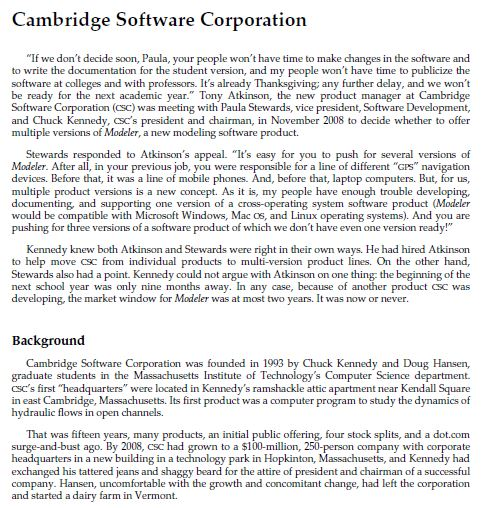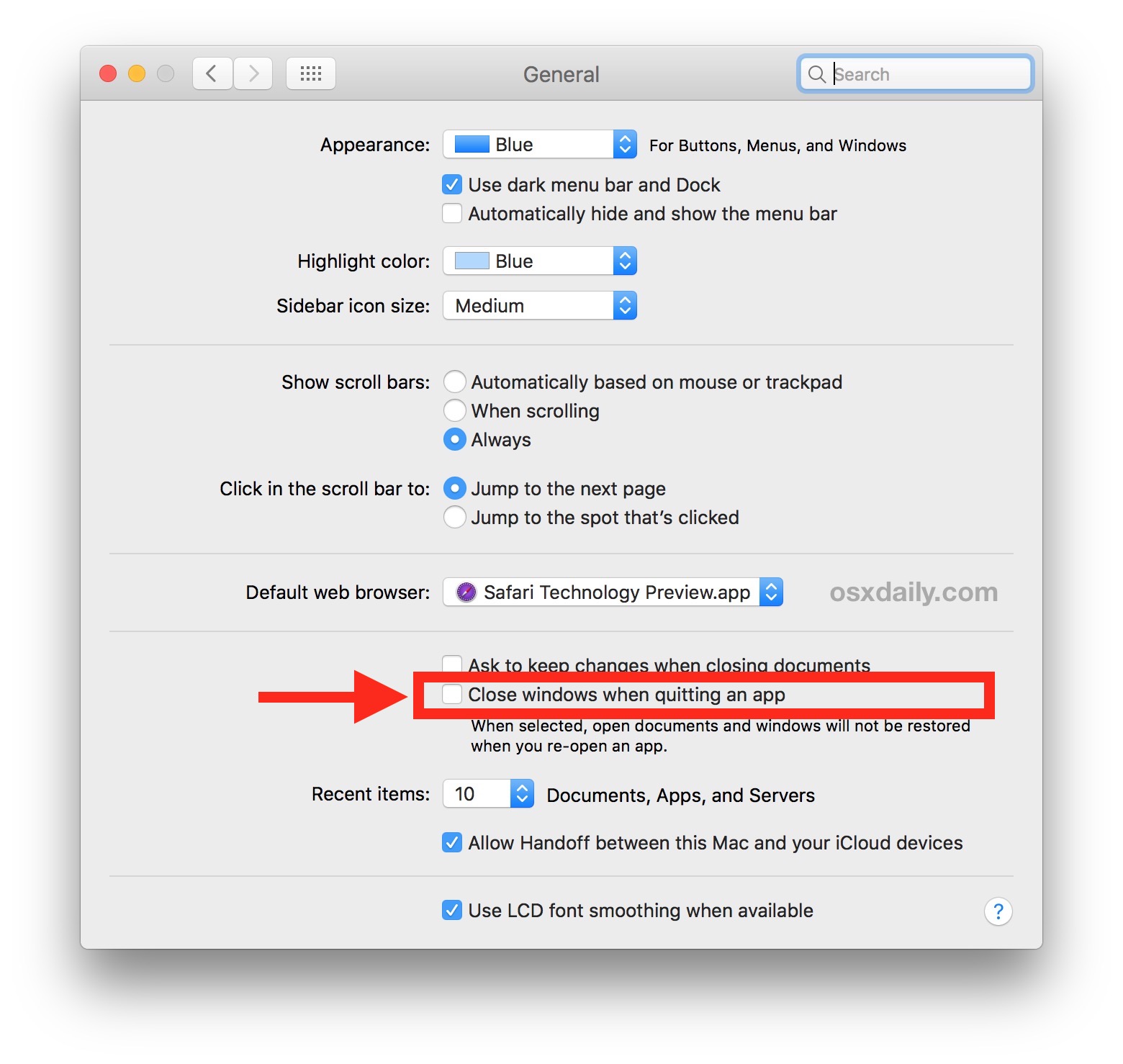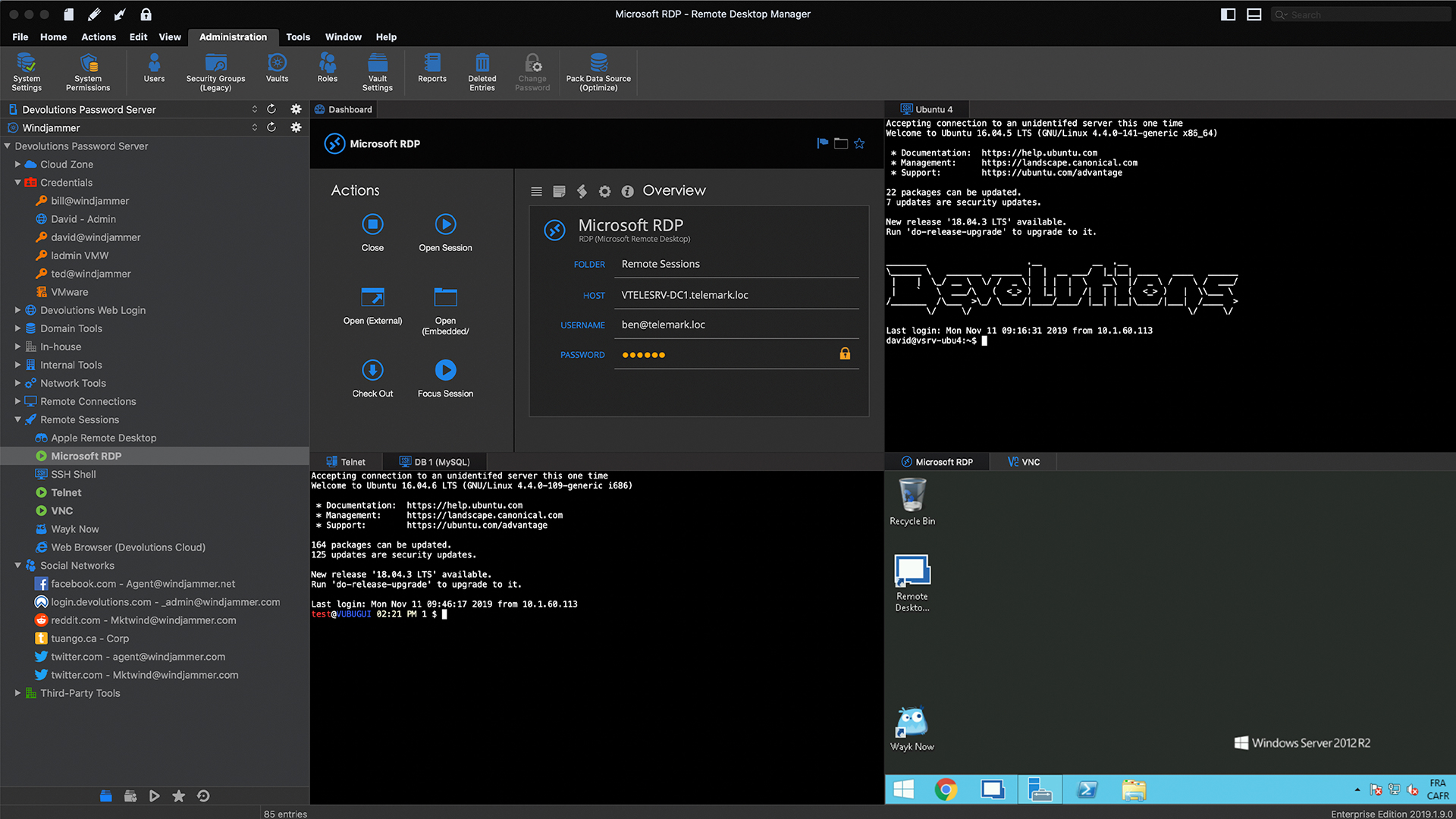- Microsoft Won't Open On Mac 2017
- Microsoft Word File Won't Open On Mac
- Microsoft Excel Won't Open On Mac
- Outlook Won T Open On Mac
Oct 11, 2019 Want to update to macOS Catalina but can't justify losing access to all the outdated 32-bit apps I rely on (looking at you Microsoft Word for Mac 2011). Apr 16, 2018 Describes an issue that occurs when you double-click or drag a file from an earlier version of Word for Mac onto a Word 2008 for Mac program icon. In this scenario, the file doesn't open. If the problem still occurs, quit PowerPoint, and restore the file to its original location. Then, go to the next step. If the problem seems to be resolved, you can move the com.microsoft.powerpoint.plist file to the trash. Quit all Microsoft Office for Mac applications. On the Go menu, click Home. Open Library.
-->Note
Office 365 ProPlus is being renamed to Microsoft 365 Apps for enterprise. For more information about this change, read this blog post.
Symptoms
When you try to start PowerPoint for Mac, you may receive the following error message:
Microsoft PowerPoint has encountered a problem and needs to close. We are sorry for the inconvenience.
Cause
This behavior may occur if any one of the following conditions is true:
- PowerPoint preferences are corrupted.
- Programs running in the background are interfering with PowerPoint.
- Application files are corrupted.
- A user account profile is corrupted.
Resolution
To resolve this issue, follow these steps. You may find it helpful to print this article before you continue.
Step 1: Quit all applications and close all windows
Microsoft Won't Open On Mac 2017
On the Apple menu, click Force Quit.
Select an application in the 'Force Quit Applications' window.
Click Force Quit.
Repeat the previous steps until you quit all active applications.
Warning

When an application is force quit, any unsaved changes to open documents are not saved.
When you are finished, click the red button in the upper-left corner of the screen, and then go to 'Step 2.'

Step 2: Remove PowerPoint Preferences
Quit all Microsoft Office for Mac applications.
On the Go menu, click Home.
Open Library.
Note
The Library folder is hidden in MAC OS X Lion. To display this folder, hold down the OPTION key while you click the Go menu.
Open the Preferences folder.
Look for a file that is named com.microsoft.powerpoint.plist. If you locate the file, move it to the desktop. Start PowerPoint, and check whether the problem still occurs. If you cannot locate the file, the application is using the default preferences.
If the problem still occurs, quit PowerPoint, and restore the file to its original location. Then, go to the next step. If the problem seems to be resolved, you can move the com.microsoft.powerpoint.plist file to the trash.
Quit all Microsoft Office for Mac applications.
On the Go menu, click Home.
Open Library.
Note
The Library folder is hidden in MAC OS X Lion. To display this folder, hold down the OPTION key while you click the Go menu.
Open the Preferences folder.
Open the Microsoft folder.
Look for a file that is named com.microsoft.powerpoint.prefs.plist. If you locate the file, move it to the desktop. Start PowerPoint, and check whether the problem still occurs. If you do cannot locate the file, the application is using the default preferences.
If the problem still occurs, quit PowerPoint, and restore the file to its original location. Then, go to the next step. If the problem seems to be resolved, you can move the com.microsoft.powerpoint.prefs.plist file to the trash.
If the problem continues to occur, go to the next step.
Microsoft Word File Won't Open On Mac
Step 3: Perform a clean startup
For information how to 'clean start' your computer, click the following article number to view the article in the Microsoft Knowledge Base:
To complete the connection, the router must perform the port forwarding.Routers can send traffic that arrives on a specific port to a specific computer. Once they’ve been configured to send VNC traffic to a particular computer, all incoming VNC connection requests are directed to that computer.If you’re going to use VNC across the internet, it’s advisable to use a nonstandard port.  The remote router must then be configured to forward connection requests for port 43025—or whichever port you choose—to the Ubuntu computer on port 5900.RELATED:That’s like ringing the hotel and asking to speak to the geek in room 43025. By default, the remote Ubuntu computer listens for VNC connection requests on TCP/IP port 5900.This is a well-defined convention, but we verified it anyway by analyzing some network traffic:We can mask that detail from the outside world by using a nonstandard port, like 43025. The operator knows the geek is really in room 5900 and connects your call.
The remote router must then be configured to forward connection requests for port 43025—or whichever port you choose—to the Ubuntu computer on port 5900.RELATED:That’s like ringing the hotel and asking to speak to the geek in room 43025. By default, the remote Ubuntu computer listens for VNC connection requests on TCP/IP port 5900.This is a well-defined convention, but we verified it anyway by analyzing some network traffic:We can mask that detail from the outside world by using a nonstandard port, like 43025. The operator knows the geek is really in room 5900 and connects your call.
2398596 How to use a 'clean startup' to determine whether background programs are interfering with Office for Mac
If the problem continues to occur, go to the next step.
Step 4: Create a new user account
Sometimes, a specific user's information may become corrupted, and this may prevent installation, startup, or use of some applications. To determine whether this is the case, you can log on to the computer by using a different or new user account, and then test the application.
If the problem no longer occurs, the cause exists within the user's home folder. If you think that the user account was responsible, you can continue to troubleshoot by using the new user account.
Note
Microsoft office for mac check for updates download. Jan 29, 2015 Open MS Word (or any Office program), click on the Help menu, and choose Check for Updates. In the Microsoft Auto Update window, select Automatically check for updates weekly, then click Check for Updates. This window will show the latest update (or updates). There may be several updates. Troubleshoot Microsoft AutoUpdate. Open Safari and download the latest version of Microsoft AutoUpdate. Press Command + Shift+h. Go to Library PrivillegedHelperTools and make sure that com.microsoft.autoupdate.helpertool exists. Run Microsoft AutoUpdate. If the file doesn.
For help moving your user files to the new account, contact Apple.
Microsoft Excel Won't Open On Mac
If the problem continues to occur, go to the next step.
Step 5: Use the 'Repair Disk Permissions' option
You can use the Repair Disk Permissions option to troubleshoot permissions problems in Mac OS X 10.2 and later versions. If the permissions for your Microsoft software are incorrect, Office for Mac applications may start slowly or perform slowly. To use the Repair Disk Permissions option, follow these steps:
- On the Go menu, click Utilities.
- Start the Disk Utility program.
- Click the primary hard disk drive for your computer.
- Click the First Aid tab.
- Click Repair Disk Permissions.
Note
The Disk Utility program only repairs software that is installed by Apple. This utility also repairs folders, such as the Applications folder. However, this utility does not repair software that is in your home folder.
Step 6: Remove and then reinstall Office
For information about how to manually remove and then reinstall Office, see the following article:
Third-party disclaimer information
The third-party products that this article discusses are manufactured by companies that are independent of Microsoft. Microsoft makes no warranty, implied or otherwise, about the performance or reliability of these products.
Outlook Won T Open On Mac
The information and the solution in this document represent the current view of Microsoft Corporation on these issues as of the date of publication. This solution is available through Microsoft or through a third-party provider. Microsoft does not specifically recommend any third-party provider or third-party solution that this article might describe. There might also be other third-party providers or third-party solutions that this article does not describe. Because Microsoft must respond to changing market conditions, this information should not be interpreted to be a commitment by Microsoft. Microsoft cannot guarantee or endorse the accuracy of any information or of any solution that is presented by Microsoft or by any mentioned third-party provider.